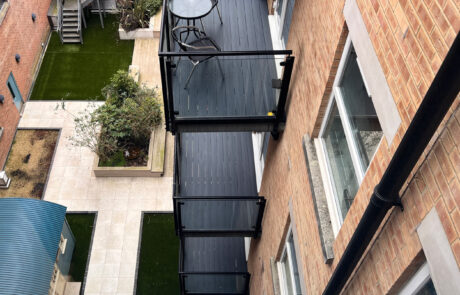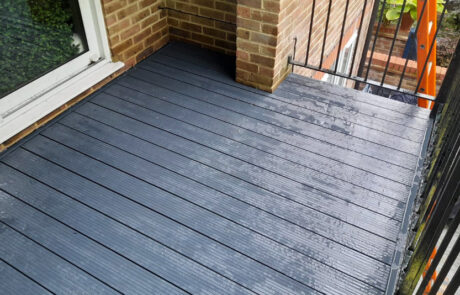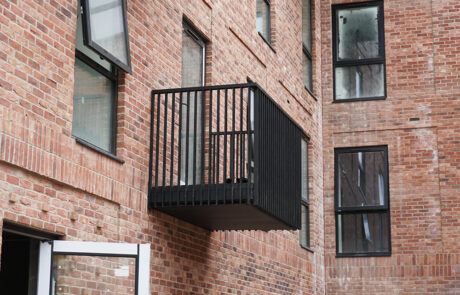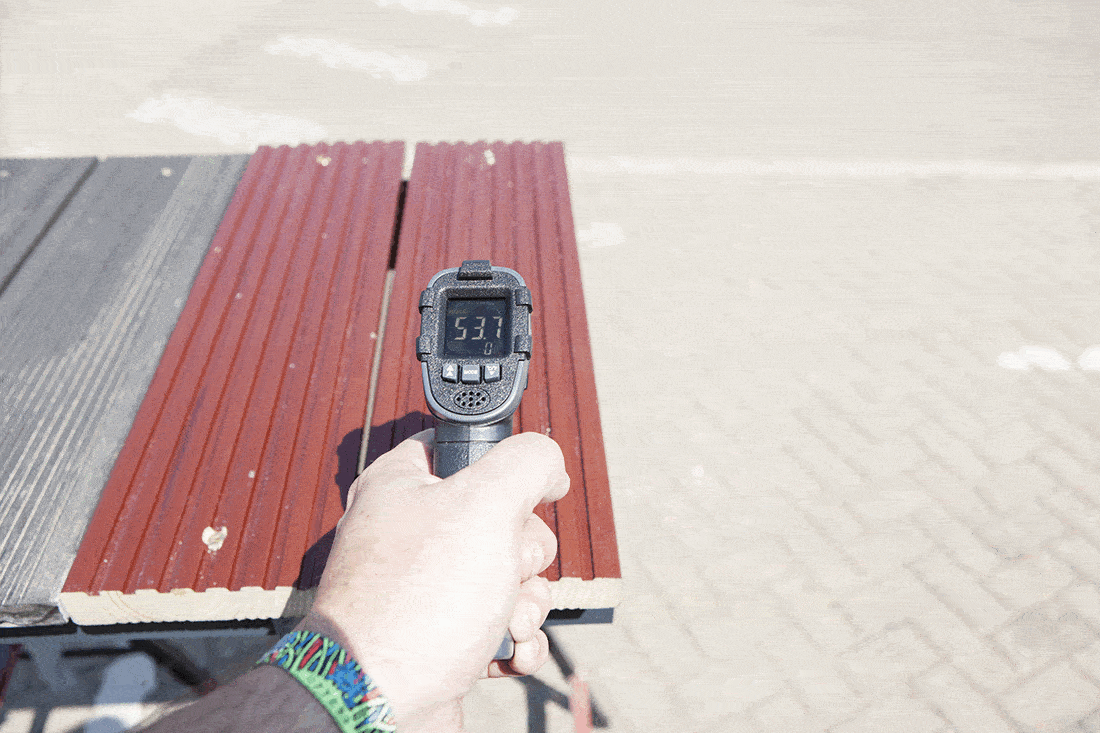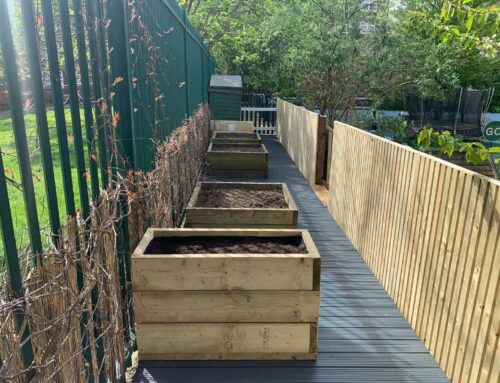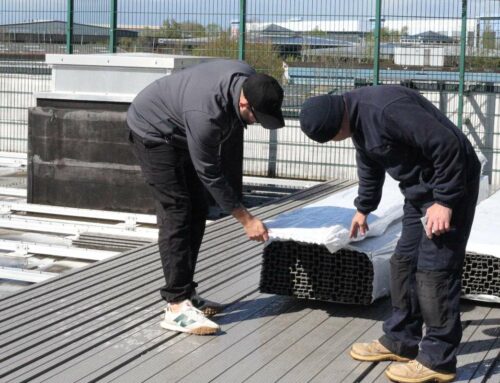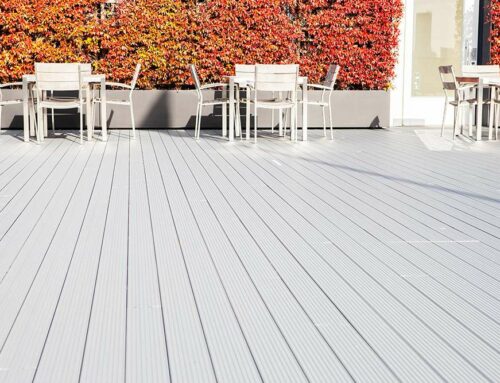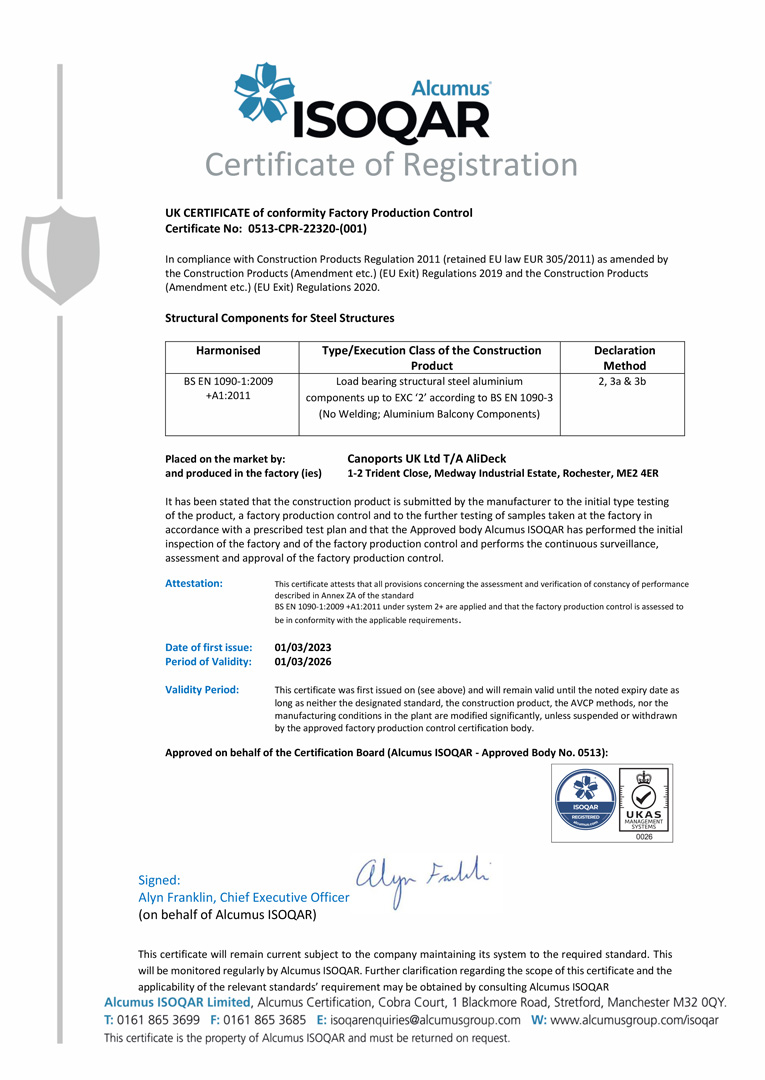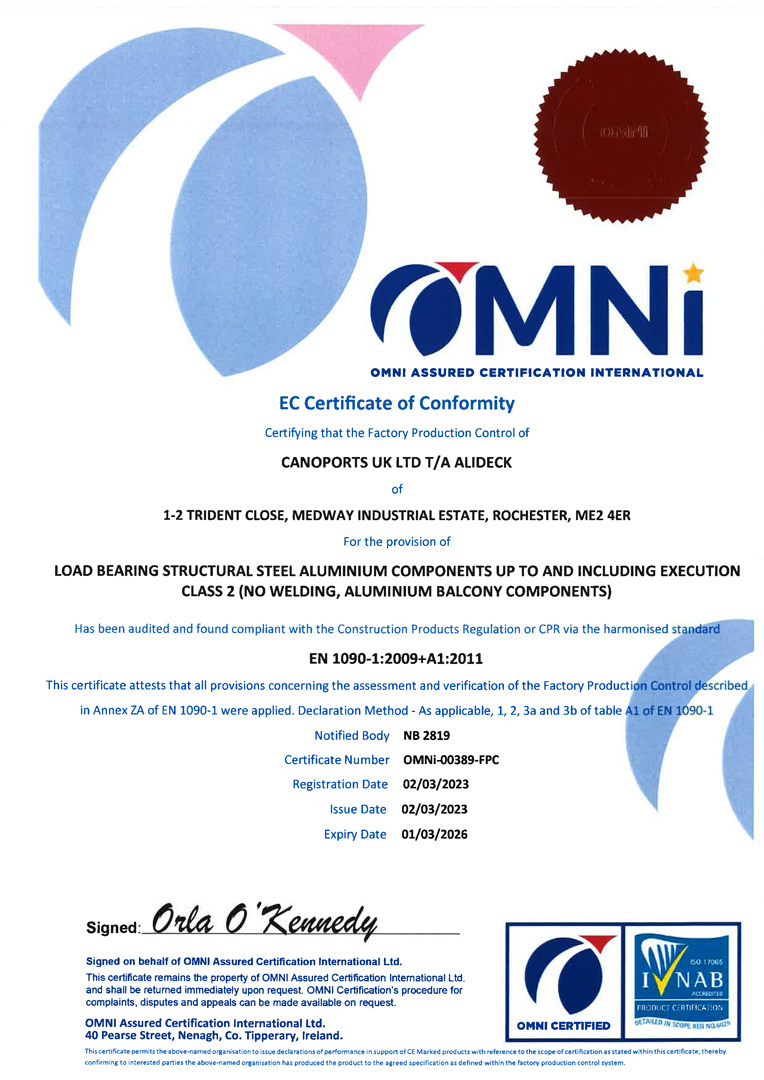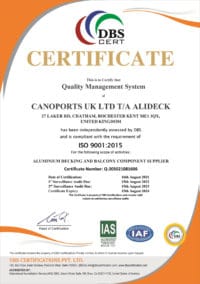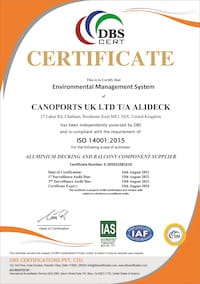How energy efficient is Aluminium compared to traditional decking materials when it comes to controlling heat transfer
With the sun shining across the UK, an exciting summer lies ahead. It is therefore imperative to consider the potential impacts this may have on the construction industry. Due to their higher exposure to direct sunlight, multi-storey buildings are more susceptible to the risks associated with increased temperatures. For balconies, terraces, and walkways, AliDeck provides an ideal solution that prevents the spread of fires within the external façade.
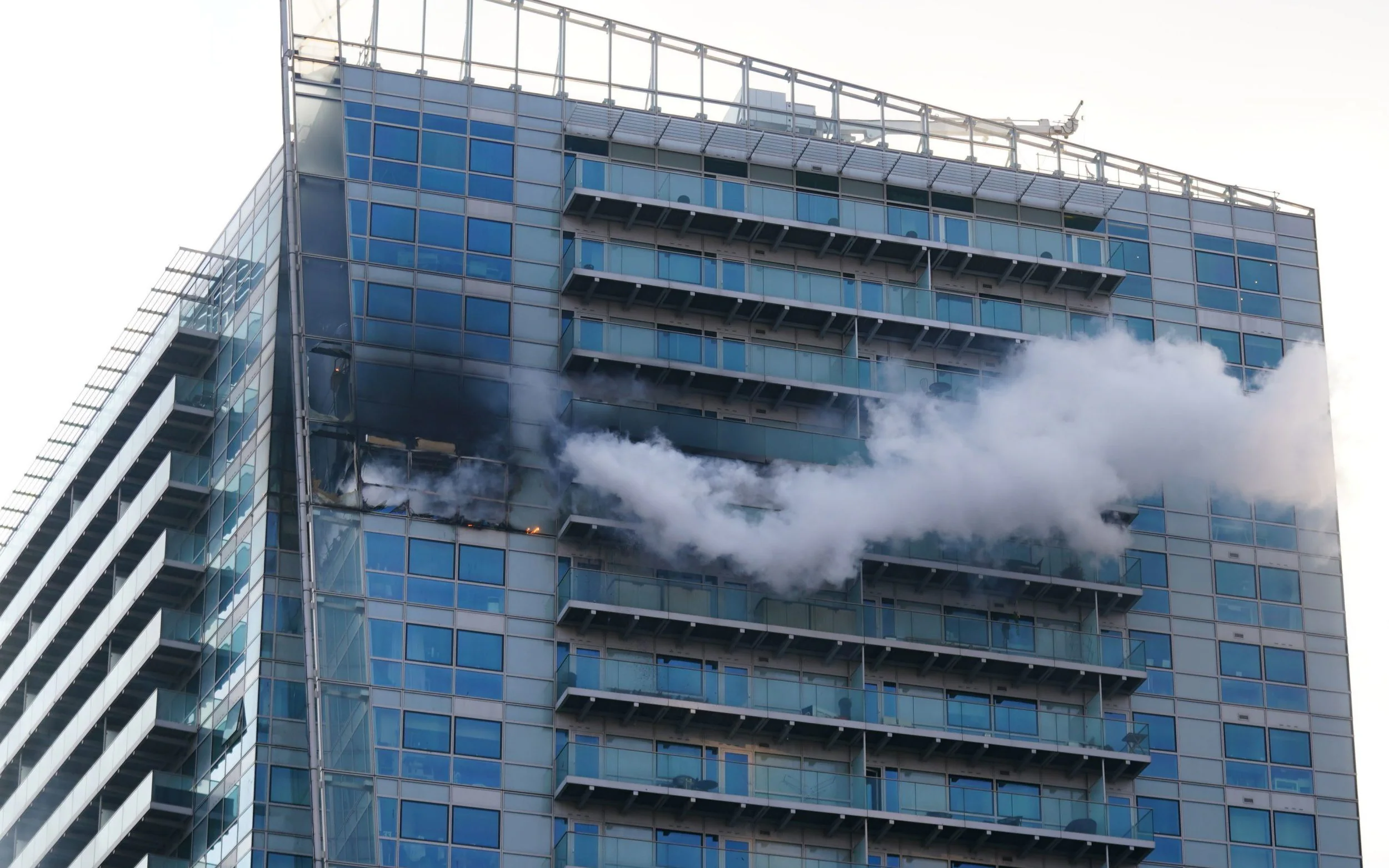
The risks of fire and subsequent threat to life in multi-storey multi-occupancy buildings are no secret having been a pressing issue across the industry in recent years. Thousands of buildings across the UK are still in dire need of remediation, with traditional materials such as timber and composite no longer fit for purpose. Non-combustible alternatives such as aluminium are in high demand.
One of the most common questions we receive is whether or not aluminium decking gets hot. It’s a crucial factor to consider as leaseholders will be unable to use their balconies, terraces, or walkways if it promotes a less-than-desirable surface temperature. Aluminium and steel can get hot when exposed to the sun. However, this is no different to timber and composites previously.
Metals can conduct heat quickly, but they also release heat quickly. Our powder-coat finish helps reduce the surface temperature, with the colour of the decking and surrounding materials also a key consideration, to prevent any aesthetical impact to the building. It’s imperative to know the benefits of each solution prior to your project getting underway to ensure the most cost-effective and futureproof solution.
Aluminium has a thermal conductivity of around 235 Watts per Kelvin per metre (W/K/m). This means that while it will absorb heat such as direct sunlight, it will take longer to rise in temperature, but dissipates the heat far quicker than its counterparts allowing the surface and core temperatures to cool quickly.
Steel has a much lower value at 45 W/K/m, and composite averages around 0.30 W/K/m. Timber has the lowest value at 0.15 W/K/m, so while it may record lower surface and core temperatures at its highest point, following a prolonged period of exposure to a heat source, the heat will remain for a longer duration of time.
Our latest Balcony Fires Report notes that despite the availability of non-combustible alternatives, direct sunlight was responsible for 2 balcony fires between August 1st, 2021, and July 31st, 2022. Although this is not a leading cause, average temperatures are rising year after year, increasing the risks faced by thousands of leaseholders, building owners, and property managers.
Last year, AliDeck undertook an independently conducted like-for-like heat test comparison experiment at our head office in Rochester, Kent. This experiment measured the core and surface temperatures of aluminium, timber, and composite decking as well as the heat transfer from each material when exposed to direct sunlight over a three-hour period. The first round of this experiment took place on the hottest days ever recorded in the UK.
Initially, the decking boards were placed in a shaded area before being moved into direct sunlight for three hours. Results indicated aluminium was the best-performing material with temperatures recorded at timed intervals. The boards were then moved back into a shaded space indoors to see how quickly temperatures dissipated, with results proving overwhelmingly in favour of aluminium.
It is worth noting that results may differ over a longer period of exposure to heat, but as this was the hottest day ever recorded in the South East, it was certainly indicative of aluminium’s performance. Be sure to check this out on our website for a more in-depth overview.
If you would like to discuss the energy efficiency of our aluminium decking boards and balcony components further, please contact us on 01622 534 042 or email us at info@alideck.co.uk.

